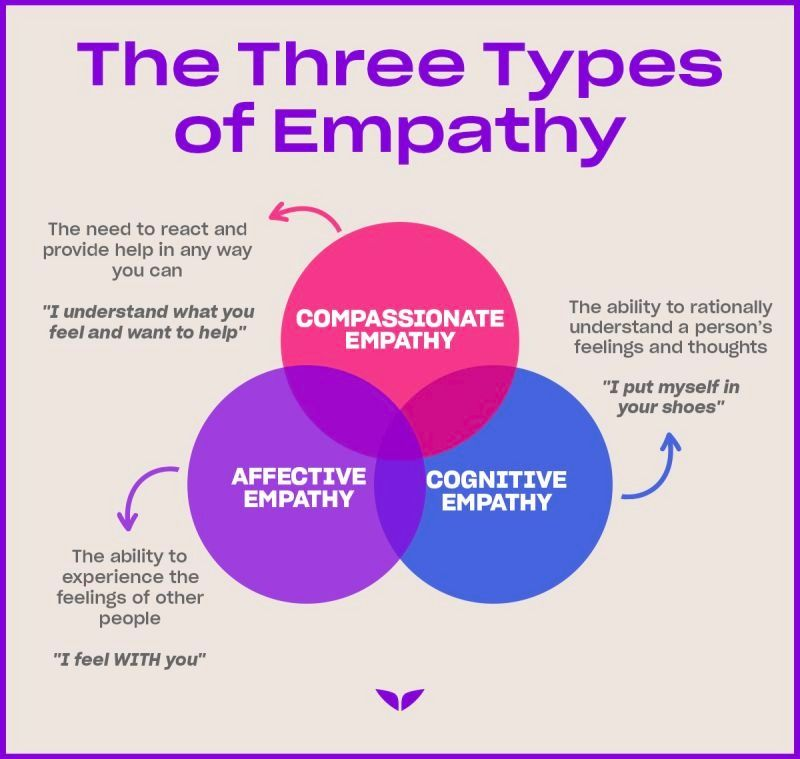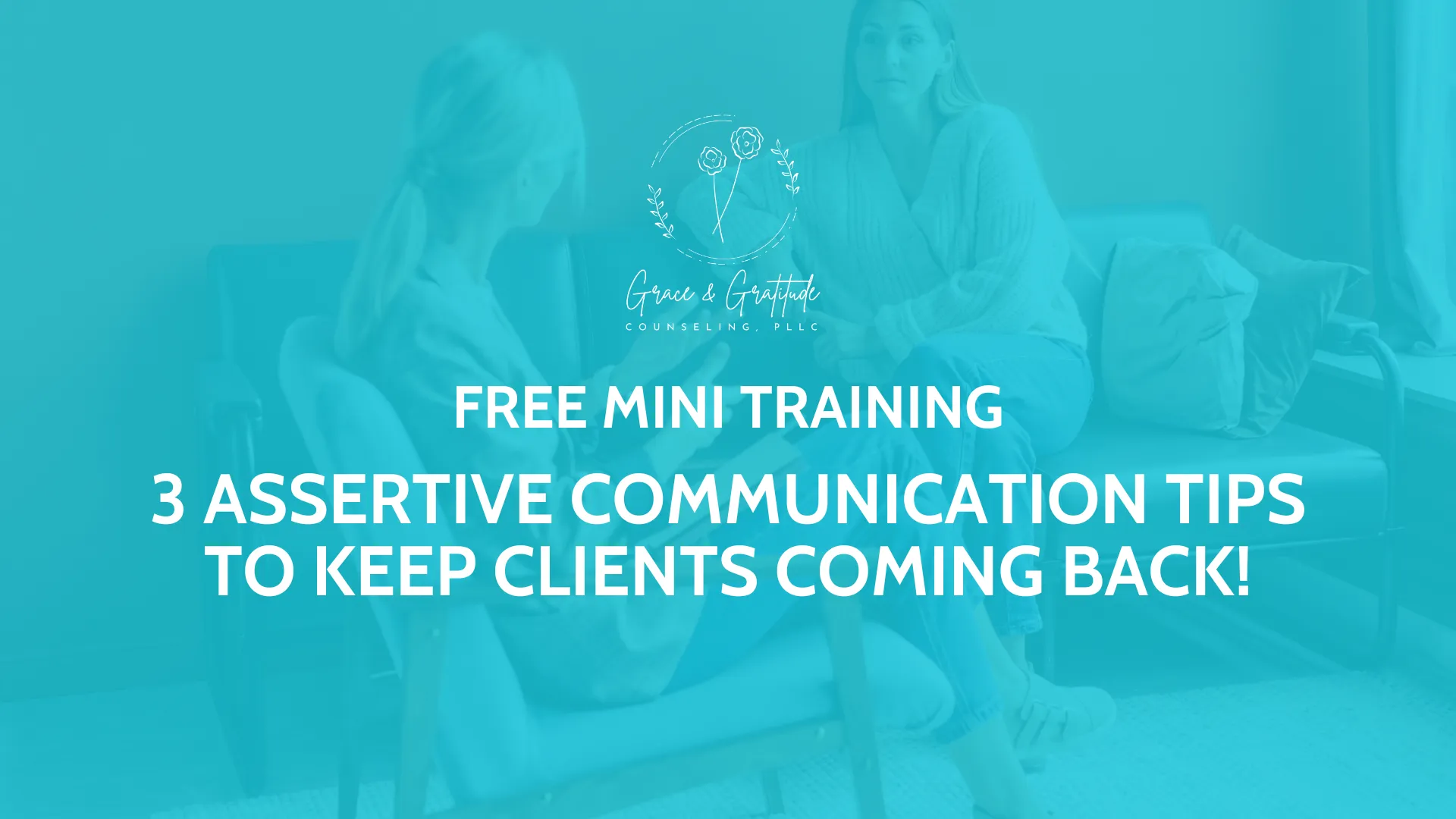Mastering Empathy: Strengthening Friendships Through Understanding and Connection
Jun 23, 2025
By: GGC Clinician, Crystal McDonald
Empathy is one of the most powerful tools for building strong, lasting friendships. At its core, empathy is about understanding and sharing someone else’s feelings—not just feeling sorry for them, but truly connecting on an emotional level. If you want to strengthen your friendships, improving your empathy is a great place to start.
The Three Types of Empathy
Empathy comes in different forms. Understanding each type can help you connect with others more meaningfully:
1. Cognitive Empathy
This is the ability to understand what someone else is thinking or feeling. It’s more about perspective than emotion. For example, if a friend is stressed about school, cognitive empathy helps you see the situation from their point of view, even if you're not stressed yourself. It allows you to respond thoughtfully and avoid misunderstandings.
2. Emotional Empathy
Emotional empathy means you actually feel what the other person is feeling. If a friend loses a pet, for instance, you don’t just understand their sadness—you feel it with them. This deeper emotional connection helps you offer more genuine comfort.
3. Compassionate Empathy
This is the most active form of empathy. It combines understanding and emotional connection with a desire to help. If a friend is struggling, compassionate empathy might lead you to check in, spend time with them, or offer practical support. It shows that you care enough to act.
How Empathy Strengthens Friendships
Empathy helps build closer, more resilient relationships in several ways:
- Improves Communication: When you understand what your friend is going through, you’re better able to respond with kindness and support—and less likely to say something hurtful by accident.
- Reduces Misunderstandings: Seeing things from your friend’s perspective helps prevent unnecessary conflict. For instance, instead of reacting to grumpiness, you might recognize stress and respond with compassion.
- Builds Emotional Bonds: Sharing in each other’s feelings creates trust and deepens your connection.
- Encourages Mutual Support: Empathetic friends are more likely to help each other—and that kind of mutual care strengthens the relationship.
How to Build Your Empathy Skills
Empathy isn’t fixed—you can get better at it with practice. Here are a few simple strategies:
- Listen Actively: Focus fully on your friend when they’re speaking. Avoid distractions and listen to understand, not just to reply.
- Put Yourself in Their Shoes: Try to imagine how you would feel in their situation. This helps you connect on a more emotional level.
- Ask Open-Ended Questions: Encourage your friend to share more by asking questions like, “What’s been going on?” instead of just “Are you okay?”
- Be Mindful: Stay present during conversations. Being mindful helps you pick up on emotional cues and respond with care.
A Tool to Help: The Empathy App
If you want structured support to build empathy, try using the Empathy App. It offers simple, daily activities designed to help you understand yourself and others better.
Key Features:
- Daily Challenges: Practice empathy in everyday interactions.
- Journaling Prompts: Reflect on your feelings and how you relate to others.
- Mindfulness Exercises: Guided meditations to increase emotional awareness.
Regular use can help you become more attuned to others and improve the quality of your relationships.
Conclusion
Empathy is essential for deep, supportive friendships. By developing cognitive, emotional, and compassionate empathy, you’ll communicate better, avoid misunderstandings, and create stronger emotional bonds. Whether you practice these skills on your own or use tools like the Empathy App, your efforts will lead to more meaningful and lasting connections. Start by listening, understanding, and showing up with compassion—the impact on your friendships will be profound.
SCHEDULE YOUR FREE 20-MINUTE CONSULTATION
Let's chat! You've been looking for a counselor who specializes in exactly the stuff you're going through, and we want to make sure you get what you need. So, we offer a free consultation in which you can ask questions and feel 100% comfortable before moving forward with a therapist that matches your needs.
Ready to get started?
Get the Latest GGC News to Your Inbox
Subscribe to our newsletter to receive news and updates about counseling groups, workshops, self-help strategies, and more!


